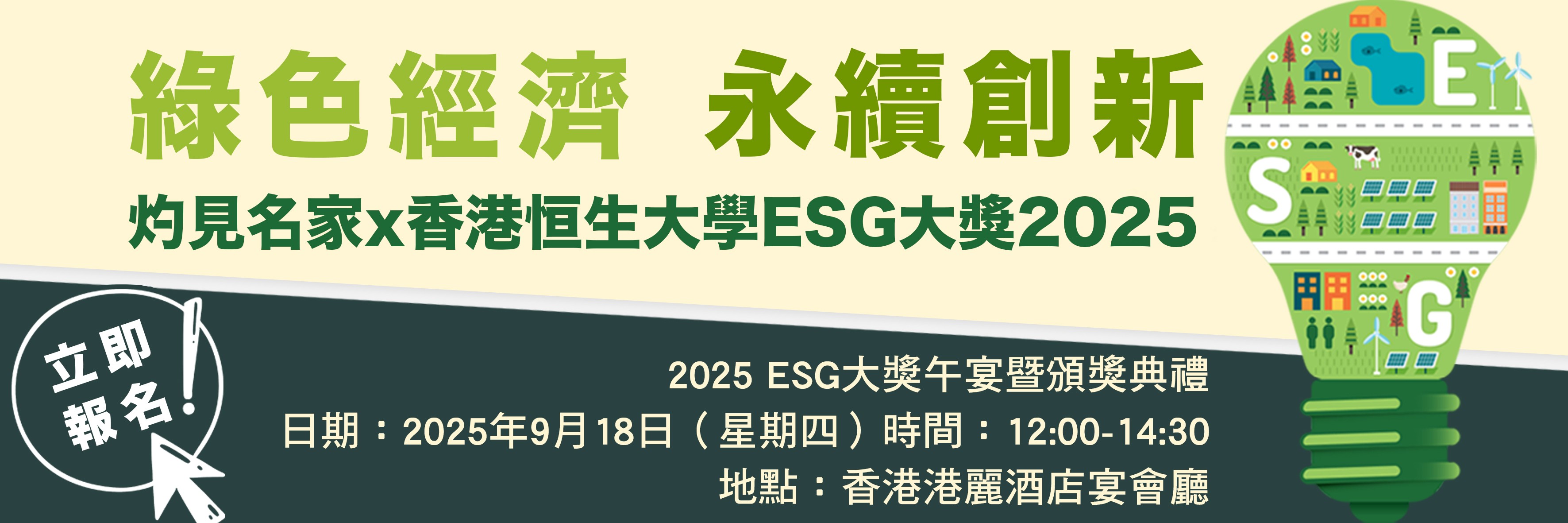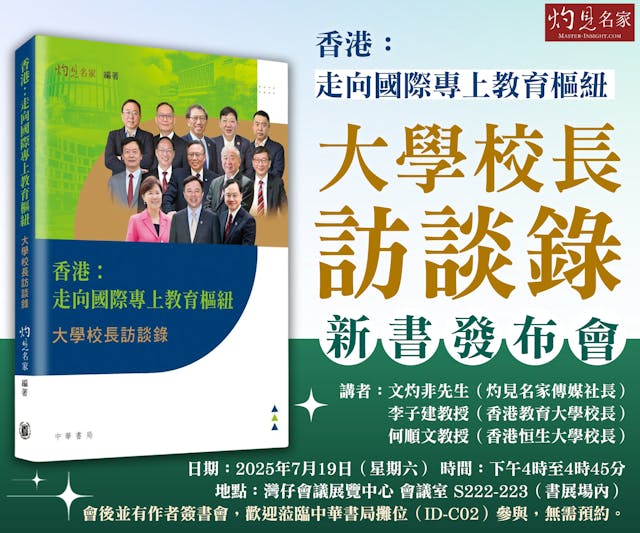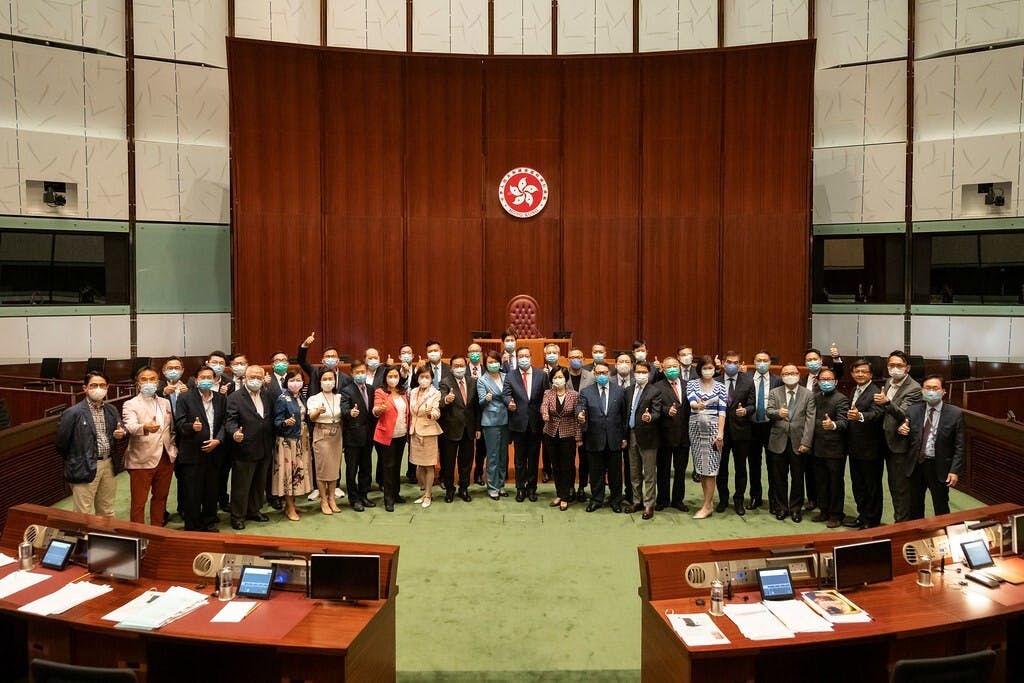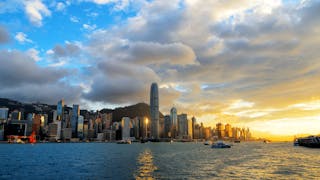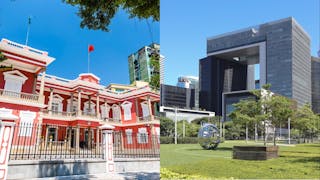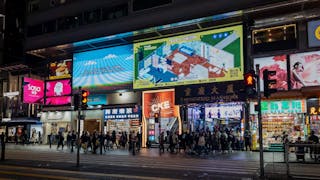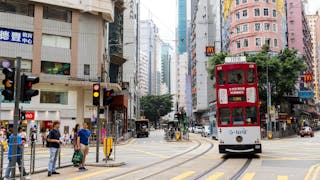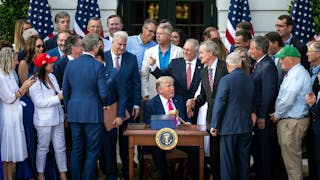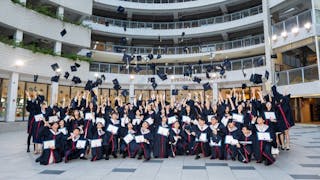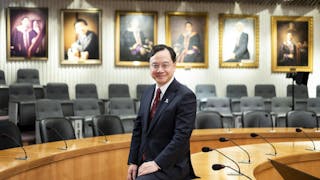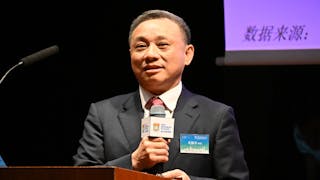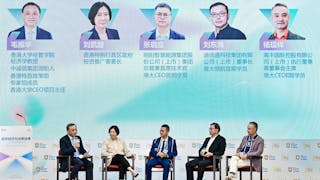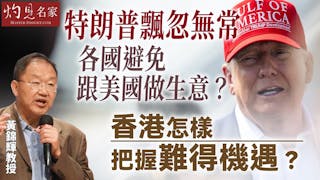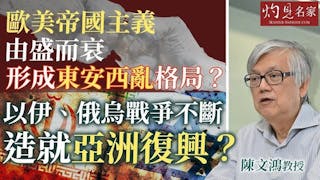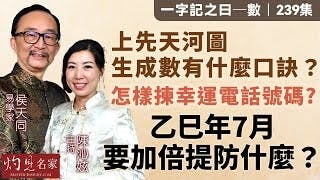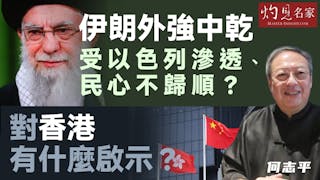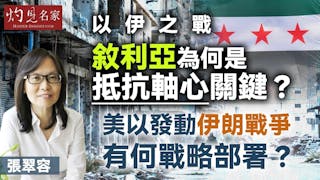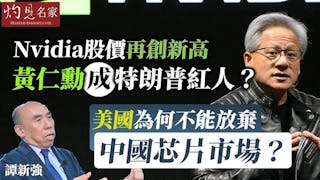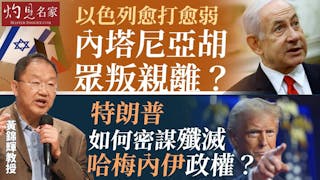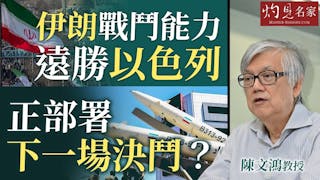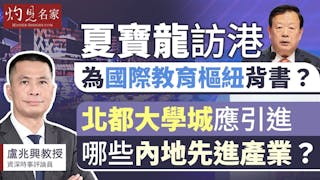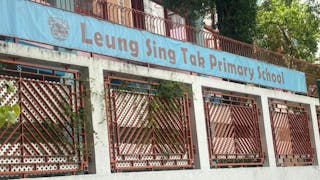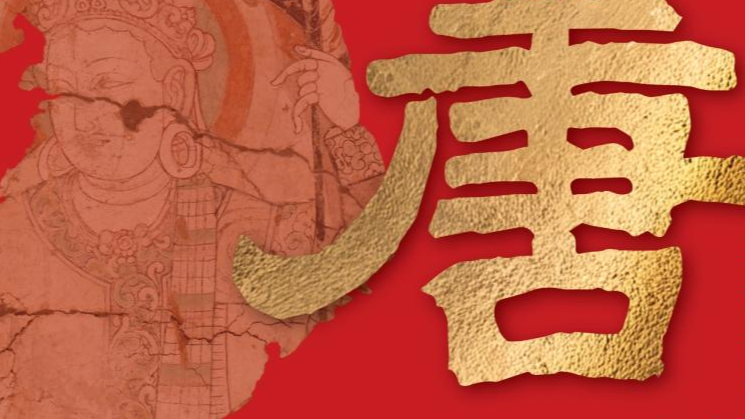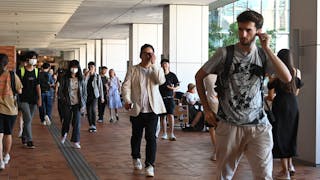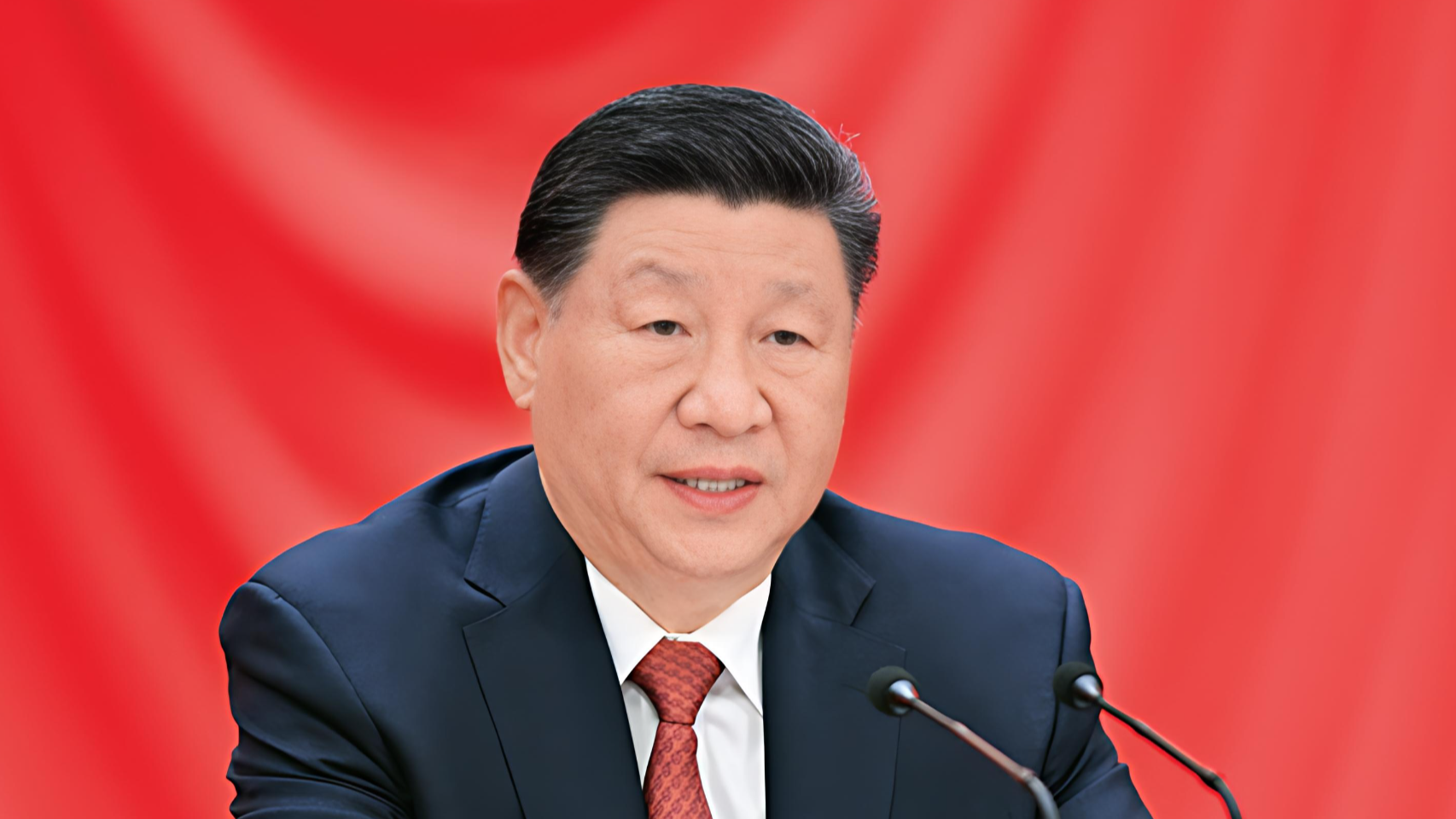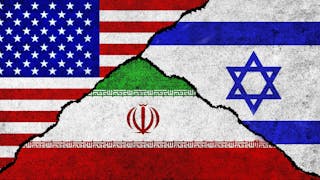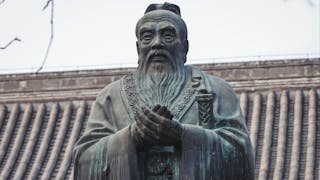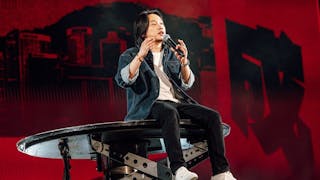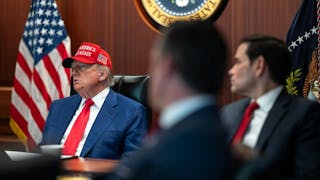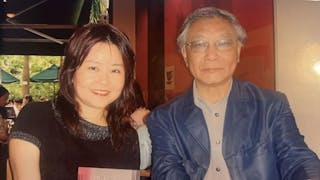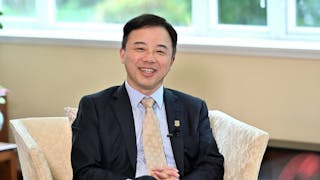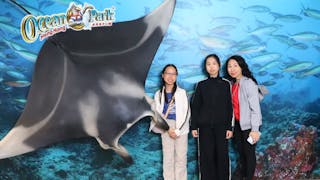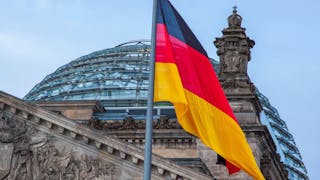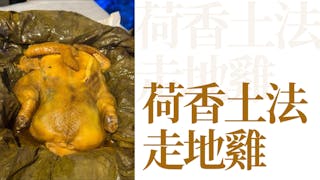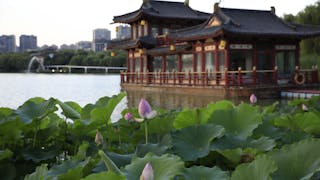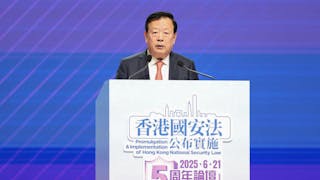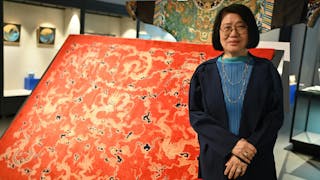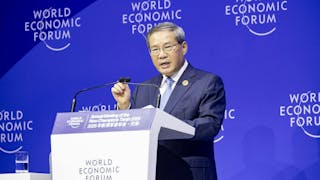3月11日,全國人民代表大會以2895票支持和1票棄權,通過了《全國人民代表大會關於完善香港特別行政區選舉制度的決定(草案)》,這對香港的政治發展,特別是愛國者、民主派和商界精英的新角色具有重大的政治意義。
新選舉制度的九大重點
這個決定包括9個重點。首先,確保「愛國者治港」將是「一國兩制,港人治港」的支柱。其次,將設立一個具有廣泛代表性的選舉委員會,由5個界別、1500名成員組成,其中一個新的界別包括港區全國人大代表、港區全國政協委員和有關全國性團體香港成員的代表。第三,行政長官將由選舉委員會選出,由中央人民政府任命。行政長官候選人須獲選舉委員會中188名委員聯合提名,並且5個界別每個界別至少需要15人提名。第四,香港特別行政區立法會議員每屆90人,通過選舉委員會選舉、功能團體選舉、分區直接選舉三種方式分別選舉產生。
第五,設立香港特別行政區候選人資格審查委員會,負責審查並確認選舉委員會委員候選人、行政長官候選人和立法會議員候選人資格。第六,授權全國人民代表大會常委會修改香港《基本法》附件一《香港特別行政區行政長官的產生辦法》和附件二《香港特別行政區立法會的產生辦法和表決程序》。第七,依照修改後的《基本法》附件一和附件二,香港應修改有關本地法律。第八,特區行政長官應當就香港選舉制度安排和選舉組織等有關重要情況,向中央報告。第九,決定自發布之日起生效。
有關決定對未來幾年香港的政治格局和政制發展具有重大意義。
溫和民主派影響力減
首先,修改香港選舉制度旨在排除「反中亂港分子」,因此,像以往組織新政團參加立法會選舉的激進民主派幾乎沒有機會參加選舉,他們將無法越過資格審查委員會篩選的障礙。
其次,儘管港澳辦副主任張曉明暗示溫和民主派可參加立法會選舉,但其影響力將大減。有趣的是,決定未有最終確定直接選舉、功能組別和選舉委員會選出的成員比例。但是,無論如何,溫和民主派肯定將成為立法會永遠的少數派。
新的選舉制度將讓更多親北京的精英和團體從基層進入立法會,他們或許有更「社會主義」或「福利主義」的倡議來糾正香港資本主義的剝削。如果分析正確,那麼商界將必須與政府加強合作,以應對社會不平等和貧困現象,並面臨繳納更多稅款的壓力。
愛國者陣營也會分裂
此外,「愛國者」也可能會像民主派一樣分裂。「愛國者」至少可能分為四類:第一類是全國港澳研究會理事田飛龍教授所謂「忠誠的垃圾」;第二類愛國者是中間派,他們會對某些中央指示說「不」,並試圖與政治核心討價還價;第三類將是溫和派,他們很可能會與民主派的「機會主義者」合作,擴大其政治影響力,並至少成為立法會選舉中小規模的「造王者」;第四類將是那些移居到香港並決心參加立法會選舉的內地人,例如紫荊黨的李山。
愛國者的「分裂」既可能在行政主導下發展多元化政治,在立法會和行政會議內進行密集的討價還價,亦可能由於行政長官選舉將至,他們為權力進行的競爭和討價還價將更白熱化,幸而這種討價還價肯定在廉政公署監督下進行。
總的來說,全國人大通過的決定,代表了香港特別行政區政治和選舉制度新的分水嶺,這對於香港和中國內地的逐步民主化具有重大意義。在香港,如果有人主張「回歸」人大「8.31框架」,則有可能通過普選直接選舉行政長官。對內地而言,香港特別行政區將完全融入大灣區,未來幾十年,無論在理論上或實踐上,都有可能模仿香港的選舉制度選出大灣區的新市長。
Electoral Reforms in Hong Kong: Implications for Patriots, Democrats and Business Elites
On March 11, the National People’s Congress (NPC) approved the draft decision of electoral reforms for Hong Kong by 2,895 supportive votes and one abstention, having tremendous political implications for Hong Kong’s political development, especially the new role of patriotic, democratic and business elites.
The decision was composed of nine stipulations. First, patriots ruling the Hong Kong Special Administrative Region (HKSAR) will be the pillar of “one country, two systems” and of “Hong Kong people ruling Hong Kong.” Second, a broadly representative Election Committee will be set up and composed of 1,500 members in which five sectors will be delineated, including a new sector composed of 300 people who will come from the Legislative Council (LegCo), district-based organizations, and Hong Kong members to the Chinese People’s Political Consultative Conference (CPPCC). Third, the Chief Executive will be selected by the Election Committee and then appointed by the central government. Chief Executive candidates will each need to get 188 nominations from the Election Committee and at least 15 nominated support from each of the five sectors. Third, the new LegCo will be composed of 90 members who will come from three sectors: Election Committee, functional groups and direct elections in geographical constituencies. Fourth, an Eligibility Inspection Committee will be set up to screen the eligibility of LegCo and Chief Executive candidates and confirm their candidature. Fifth, the HKSAR government should perfect the screening mechanism to ensure that the eligibility of LegCo candidates will be in conformity with NPC Standing Committee’s interpretation of Article 104 of the Basic Law. Sixth, Annex 1 and Annex 2 of the Basic Law will be amended by the NPC Standing Committee. Seventh, the HKSAR government will organize and arrange election activities after the amendments of Annex 1 and Annex 2. Eighth, the HKSAR Chief Executive will report to the central authorities on the arrangement and organization of the electoral reforms and activities. Ninth, the NPC decision will be effective from the date of promulgation.
On March 12, the deputy director of the Hong Kong Macau Affairs Office (HKMAO), Zhang Xiaoming, remarked that the amendments made to the Hong Kong electoral system aimed at “repairing the loopholes in the legal system and perfecting the system of ‘one country, two systems.’” He pointed to the inaccuracy of the narrative that the reforms are “democratic or not.” Rather, Zhang said that the reforms are related to the “tug-of war between power usurpation and anti-usurpation, between subversion and anti-subversion, and between penetration and anti-penetration.” In other words, from the perspective of Chinese officials, the past several years of Hong Kong’s electoral development showed the politically undesirable phenomenon of radicals infiltrating into and “subverting” the political system. The current electoral reforms aim at rectifying the political deviations in the past several years. Zhang added that, through electoral reforms, the government’s capability of managing the economy and people’s livelihood will be inevitably improved. What he implied was that when the patriotic elites will govern the HKSAR, more forceful leadership and more down-to-earth policies to improve the people’s livelihood, such as land and housing policy would likely be implemented.
Zhang also added that the objective of achieving universal suffrage has not been changed, and that Hong Kong’s education sphere will need reforms to rectify the past situation. He said the democrats who are patriotic will be able to participate in the electoral system.
On the other hand, the deputy director of the HKMAO, Deng Zhonghua, said explicitly that the aim of electoral reforms is to “exclude those who are anti-China and causing chaos” in Hong Kong from the political system, which be “firmly governed by the patriotic people.”
The decision is very significant for the political development and landscape of the HKSAR in the coming years.
First, as Deng Zhonghua admitted, electoral reforms in the HKSAR aim at excluding those radicals from the polity. As such, radical democrats who previously formed new groups to run in LegCo elections will have virtually no chance to even run for the elections, for they will be unable to cross the hurdle of being screened out by the Eligibility Inspection Committee.
Second, although the moderate democrats, as Zhang implied, will be welcome to participate in LegCo elections, their influence will be substantially curbed. What is interesting is that the decision has not yet finalized the proportion of members returned from direct elections, functional groups and Election Committee. There are two options as reported in the Hong Kong media. The first option is to have 30 directly elected seats, 30 functional seats, and 30 seats from the Election Committee – an alternative openly favored by Professor Lau Siu-kai, a deputy director of the Hong Kong Macau Study Association. The second option is to have 20 directly elected seats, 30 functional seats and 40 seats from the Election Committee. Softliners have argued that the first alternative will retain sufficient seats for the existing pro-government forces and pro-democracy moderates to compete among themselves. But hardliners have argued that it will be necessary to maintain the dominance of LegCo members returning from the Election Committee. It remains to be observed whether the softline or hardline option will eventually prevail. Yet, regardless of which option will be adopted later, the democratic moderates will be destined to be a permanent minority in the LegCo.
Third, some democrats do not reflect on why this drastic electoral reform model has been adopted by the NPC. They argue that the “real” democrats will boycott the elections in the future. Indeed, whether one will vote in elections remains an individual choice. But the failure of democrats, both moderates and radicals, to accept the 2014 and 2015 political reform model proposed by the HKSAR government and supported by the central authorities – 2 to 3 Chief Executive candidates to be screened out by an Election Committee and then they would run in a direct election where all eligible voters would vote for their preferred Chief Executive – was a blunder. If Chinese politics is characterized by the practice of giving “face” (mianzi), according to the late Sinologist Lucian Pye, the failure of the democrats to accept the so-called August 31, 2014 political reform parameter allowed by the central authorities demonstrated their ignorance of Chinese politics. After the LegCo’s rejection of the political reform model in mid-2015, localist politics were pushed to the extreme in 2016 and over-sensitized mainland authorities to such an extent that, after the anti-extradition movement in the latter half of 2019, a fundamental revamp of Hong Kong’s electoral system has been seen as necessary.
Fourth, the democrats will likely remain divided into hardliners boycotting elections in the future, the moderates who will adopt a wait-and-see attitude in whether they would participate in the reformed polity, and softliners who will join the patriotic elites to “share” political power in the political system. Distrust among the democrats will persist, with the softliners being the “opportunistic” elements making compromise with the patriotic elites.
Fifth, the business sector will likely have more difficulties in the coming decades and under the pressure to cooperate with the HKSAR government in building more affordable housing units and in perhaps paying more corporate or profit taxes. In the past 24 years, the HKSAR government was quite weak vis-à-vis the landlord, land developers and business classes, backing down from time to time on housing and land policies, not to mention any idea of levying more taxies on the rich people. The new electoral system will likely bring more pro-Beijing elites and groups from the grassroots level to the LegCo, having more say to have a more “socialist” or welfarist approach to correcting the capitalistic exploitative features of Hong Kong. If this analysis is accurate, then the business classes will have their political influence curbed, encountering the pressure of being more cooperative with the government to deal with social inequity and poverty and to contribute more taxes to the regime in power.
Sixth, the patriotic elites will likely be divided, as with the democrats. The patriots will likely be divided into at least four groups. The first group will be the diehard loyalists who stick to the central government’s policies and measures. They will likely be regarded by some citizens critically as, to borrow from the term used by Professor Tian Feilong, “loyalist garbage.” The second batch of patriotic elites will be the moderates who will say no to some central directives and who will try to bargain with the political center. The third batch will be the softliners who will likely team up with the “opportunistic” faction of the democrats, augmenting their political influence and becoming at least a small “kingmaker” in legislative politics. The fourth batch will be those mainlanders who migrated to reside in the HKSAR and who are determined to participate in LegCo politics, such as Li Shan of the Bauhinia Party.
Seventh, the fragmentation of the patriotic elites will have ramifications on how politics in the governing coalition will play out. Positively, they will create a pluralistic polity within an executive-led system in which intensive bargaining will take place inside LegCo and the top policy-making Executive Council. Negatively, their struggles for power will worsen as the Chief Executive election will be held, leading to inside dealings, horse-trading and hidden bargaining. Hopefully, such inside dealings will not lead to electoral bribery and corruption, which will surely be under the watchful eyes of the Independent Commission Against Corruption (ICAC).
Eighth, if the radicals and extremists will be excluded from participation in the political system, the HKSAR will have apparent political and social stability. Nevertheless, the late Professor Samuel Huntington reminded political science students that political institutions aim at absorbing politically dissenting groups and turning them into coopted forces – a function that will be lost in the reformed political system of Hong Kong. The implication is that, if any governance crisis takes place, and if any unpopular government policy may attract large-scale protests, as with the 2019 anti-extradition movement, then such protests would have the risks of becoming quite violent and unpredictable. Of course, under the national security law, nobody can create social disorder. But if politics, as Bismarck said long ago, is the art of the possible, it remains to be seen whether the new political system will generate “permanent” socio-political stability.
Ninth, positively speaking, the new Hong Kong political system will have implications for mainland China, especially the Greater Bay Area (GBA). Decades later, when the HKSAR will be increasingly integrated socially and economically into the GBA, one can argue that the Hong Kong’s electoral system would perhaps be experimented in the mainland, where a GBA mayor would be elected along the lines of the Hong Kong modelof Chief Executive elections. In other words, although the revamped electoral system is now seen by many critics as a retrogressive step backward, it may be “two steps backward, one step forward” in the sense that the indisputably diluted Hong Kong model of democracy will interestingly have more applicability to reform the mainland political system in the long run.
Tenth, the revamped political system will be characterized by a very influential Electoral Committee, which will be composed of the overwhelmingly patriotic elites with the possibility that, if the HKSAR would really experiment with democratization again, the August 31 model in 2014 and 2015 will be refloated again in the society for discussions and deliberations. Such a model will ensure political safety to the central authorities because the candidates of Chief Executive elections will be screened out first by the Eligibility Inspection Committee. If so, a Hong Kong-style model of Chief Executive’s direct elections will be even more possible than the democratization of the LegCo.
In conclusion, the decision approved by the NPC represents a new watershed in the political and electoral development of the HKSAR. It can be seen as “two steps backward, one step forward” with tremendous implications for gradual and minimal democratization in both Hong Kong and mainland China. In Hong Kong, direct election of the Chief Executive through universal suffrage would be possible if one argues for a “safe” return to the August 31 model in 2014 and 2015. In mainland China, when the HKSAR will be fully integrated into the Greater Bay Area, a new mayor of the Bay area would be theoretically and practically possible by imitating the Hong Kong model of electoral system in the coming decades.
原刊於澳門新聞通訊社(MNA)網站,本社獲作者授權轉載。

